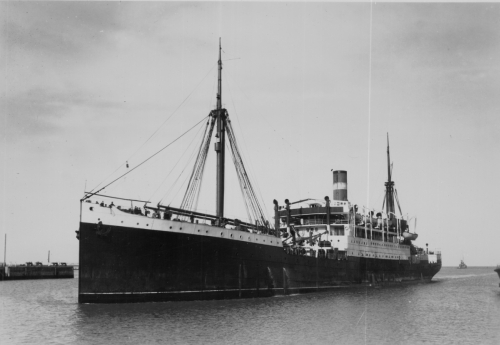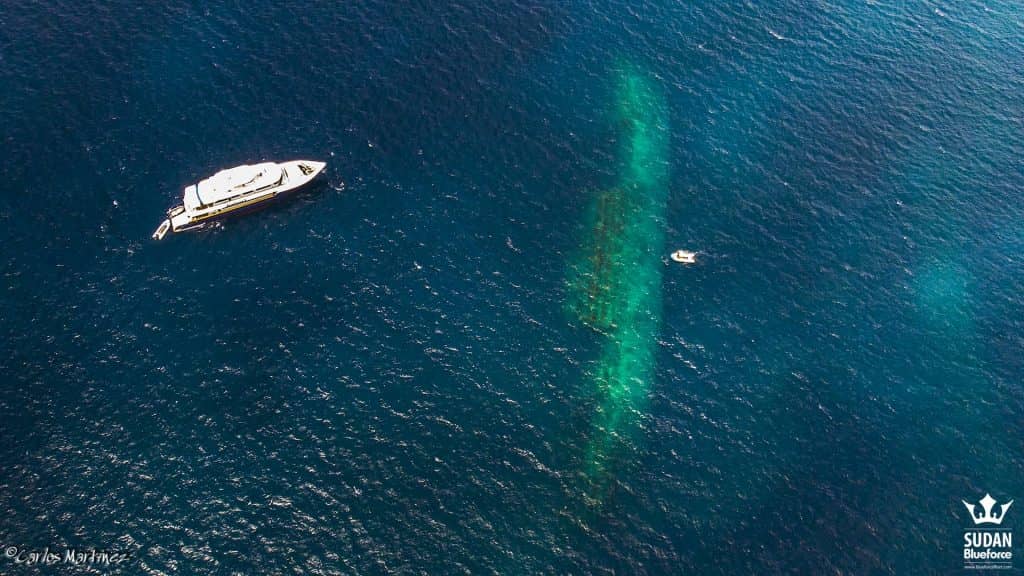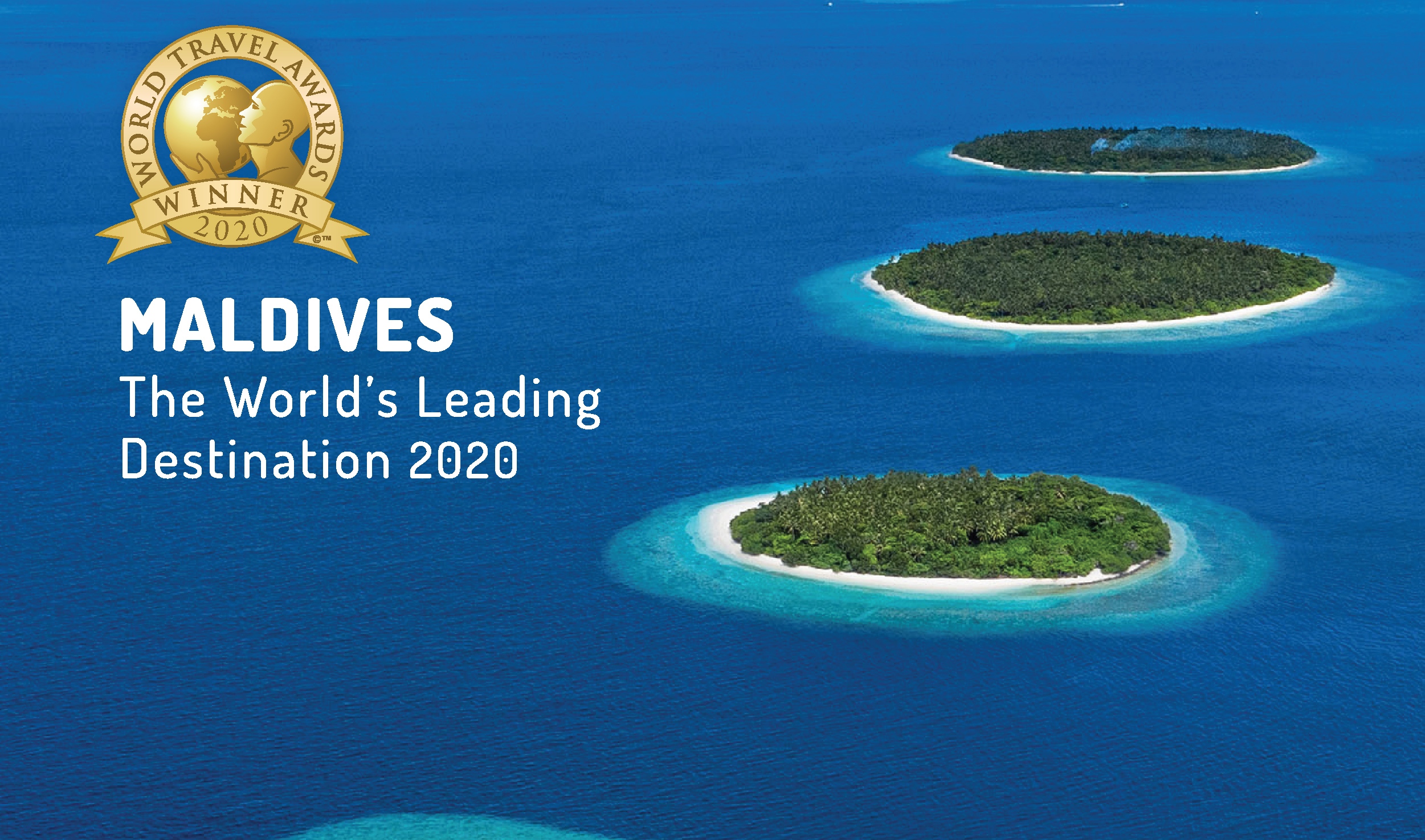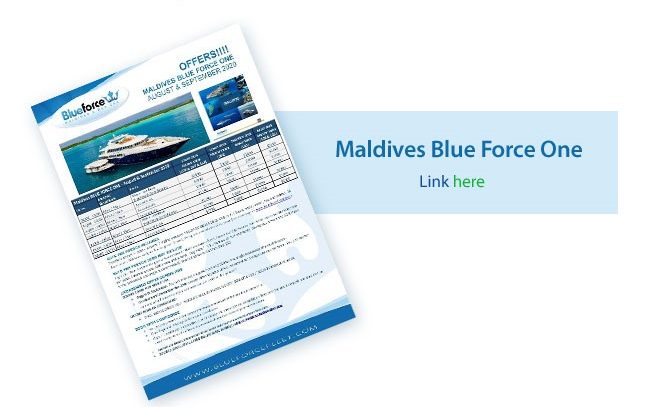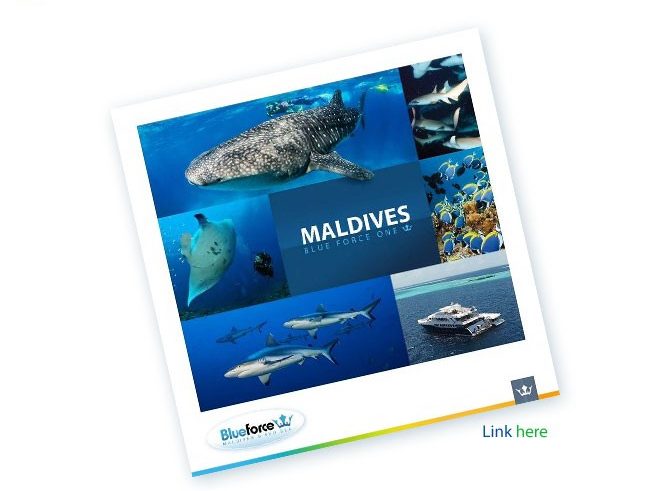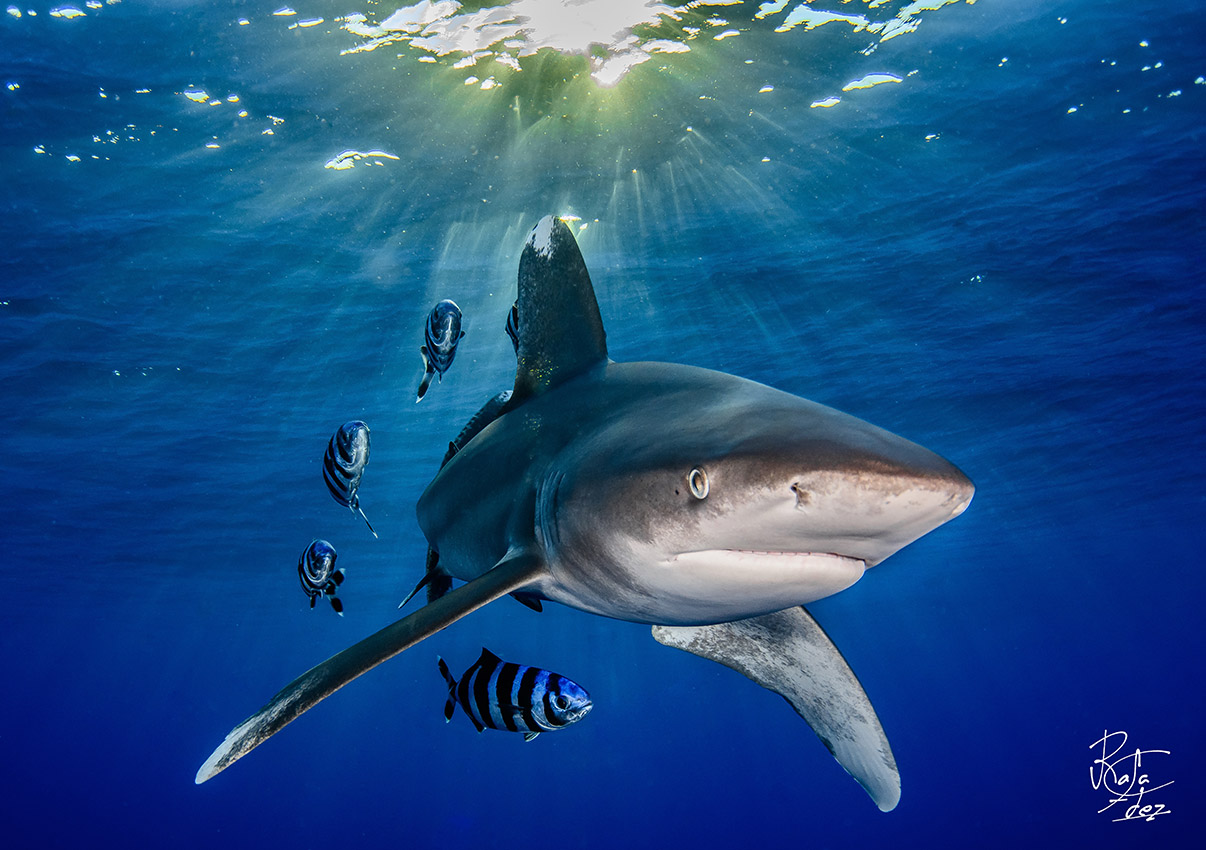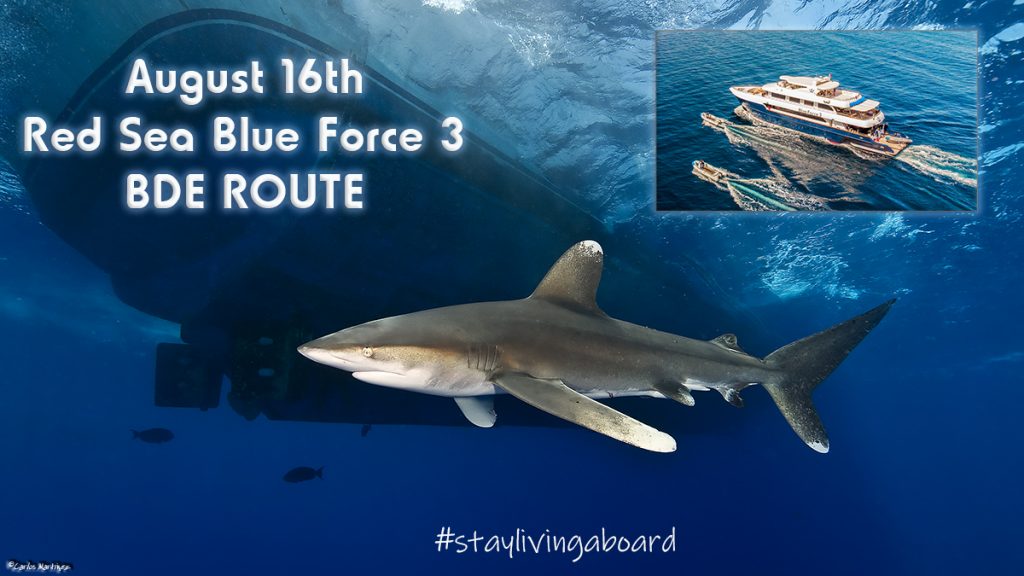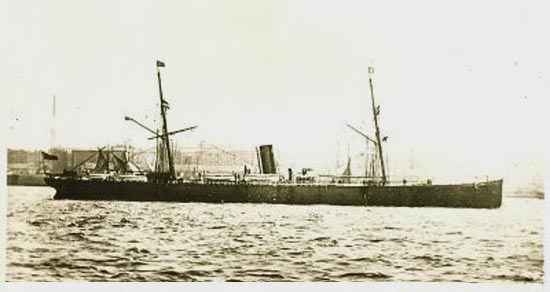Whale Sharks
Nights among Giants
A nightly swim with the biggest fish of the Planet
Those who have been to the wonderful Maldives islands will have been caught in the magic of its unforgettable landscapes, which makes us want to return to paradise again and again. No matter how many times we’ve been there… the Maldives will always have something to surprise us with!
Not even darkness can slow down the incessant rhythm of marine life on the islands. After a whole day enjoying unforgettable dives and beaches with white sand and palm trees, the best is yet to come… As night falls on Gaafu Atoll, the most awaited appointment arrives: the largest fish in the world, having dinner with us!
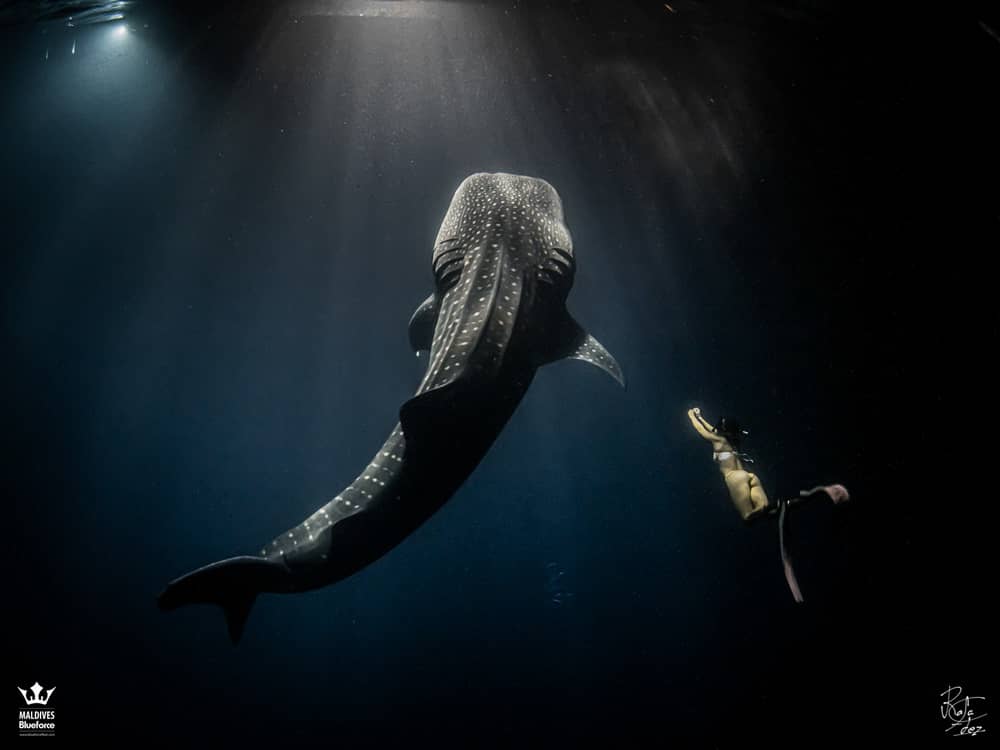
Whales Shark size
The whale shark (Rhincodon typus) is the largest of the elasmobranchs, reaching up to 18 meters in length and weighing around 11 tons. It has around 6,000 teeth, which are barely 2 mm long and appear to be vestigial. Whale sharks don’t use their teeth to capture prey, but instead they filter large amounts of water through specialized gills.
How do feed the Rhincodon typus?
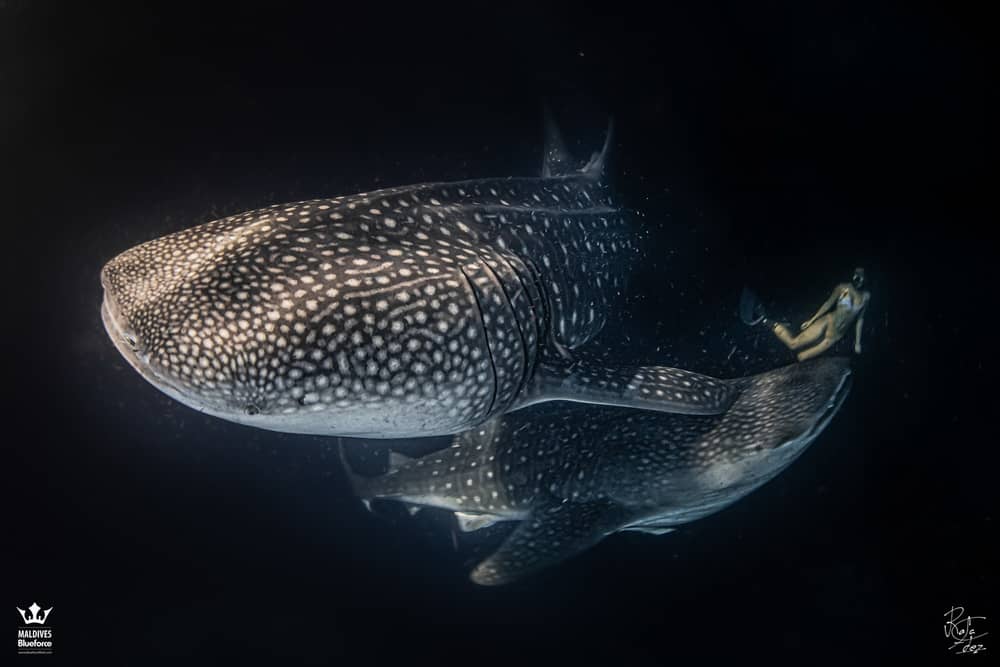
Despite being the largest fish in the ocean, it curiously feeds on the smallest food: plankton, made up of thousands of microscopic beings such as protozoa, tiny crustaceans, mollusks, worms, and fish larvae. And that is precisely what draws the whale shark to the stern of our beautiful vessel: the Blue Force One.
A few years ago, the local fishermen revealed their secret! While they used to fish for sardines and other species at night, using a great light as an attraction, they realized that somehow, they were attracting the giants of the ocean! At night, the light attracts plankton, which attracts the whale shark. But why does light attract plankton? Well … at night, zooplankton organisms, such as copepods, migrate vertically into shallow waters to feed on phytoplankton (microscopic algae). Since phytoplankton needs sunlight to grow, it’s concentrated in the first layers of water; and zooplankton organisms take advantage of the night feed they can’t be seen by their predators (small fish, for example). But when human introduces artificial light, Bam! Small fish can see the copepods and begin to eat them. Larger fish can also see these small fish and eat them, and eventually top predators can jump into action and enjoy a good feast. And that’s when our star of the night appears: the magnificent whale shark. Sometimes we can see up to 3 or 4 together.
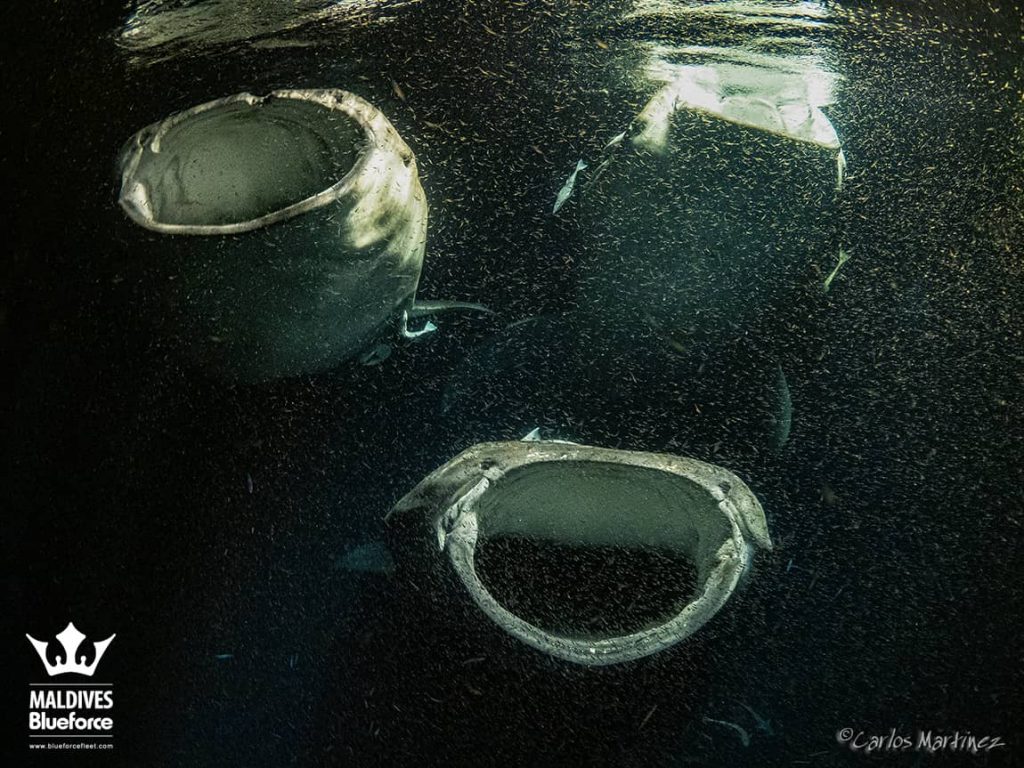
And how does the whale shark know that all that food is there?
Actually, how they locate the concentrations of prey is still a mystery. However, it’s believed that some type of chemical indicator dissolved in water can be detected by the highly developed olfactory lobes of the species. When zooplankton feeds on phytoplankton, releases a strong-smelling compound called dimethyl sulfide, which works as an indicator of the presence of food for certain species of birds and even sharks, such as the basking shark. So, it’s believed that this substance could also be the clue to get the whale shark to its food.
Another possible explanation would be by locating the movement and noise emitted by schools of small fish that are feeding on plankton. Sharks have been observed to follow these schools and feed behind or among them. But the truth is that they are all theories that have yet to be proven experimentally.
Whatever the causes that rule the habits and lives of these mysterious animals, it is a real privilege to be able to enjoy their majestic presence and observe them so closely. Few places in the world allow us to enjoy such close encounters in the best conditions. Those moments will remain in our brain forever and will be the object of our dreams … at least until we return to the Maldives!
Join us to make your dream come true!
